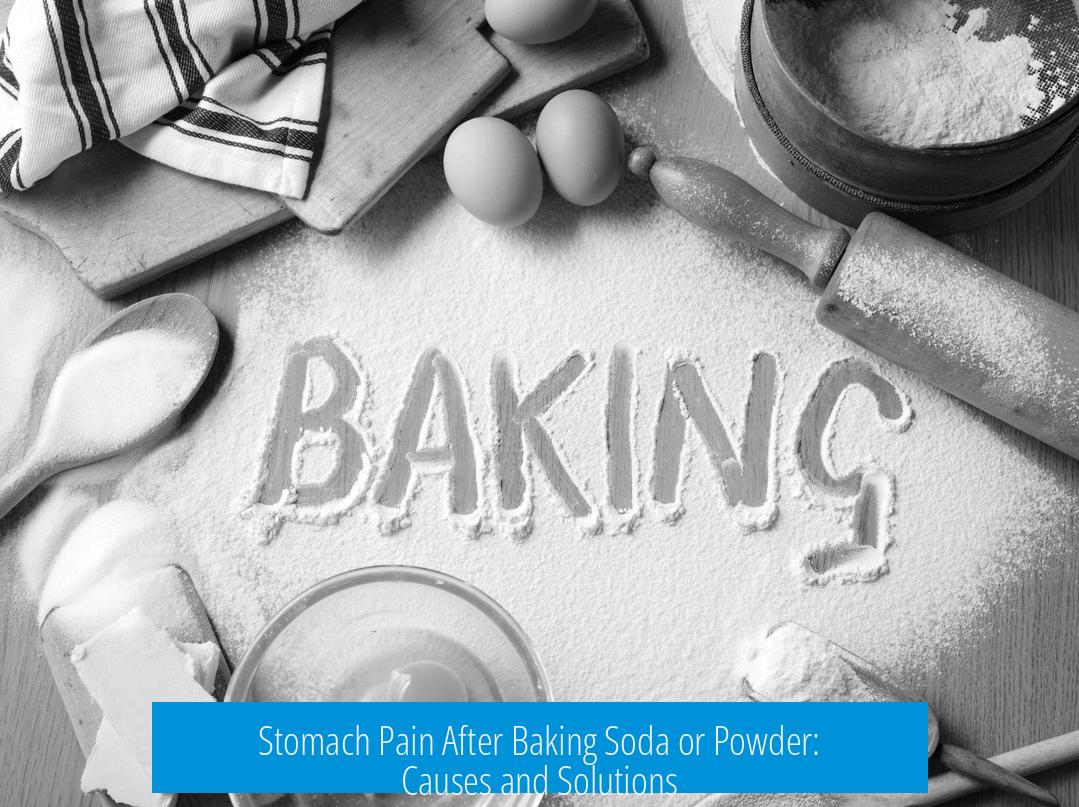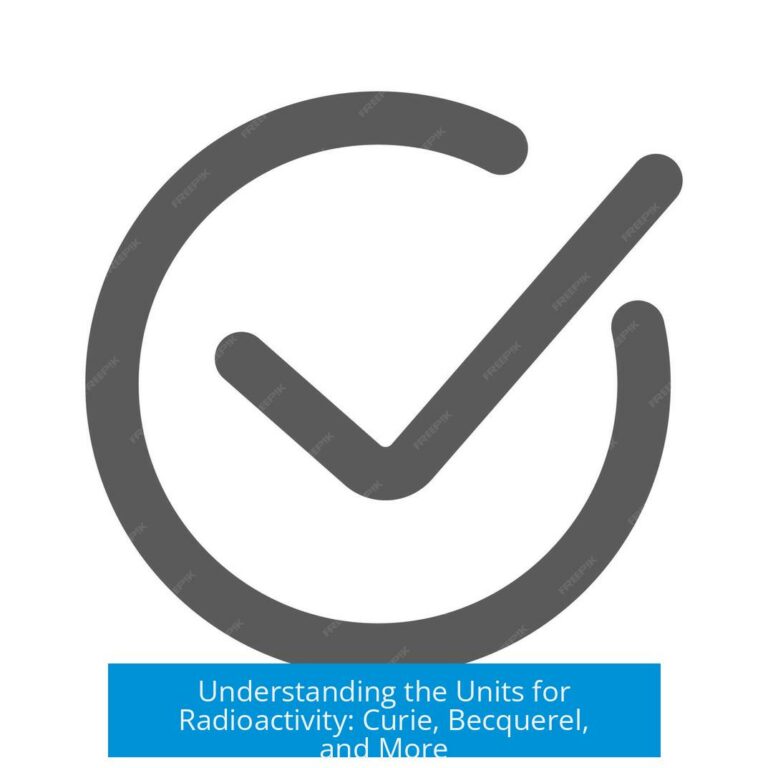Why Does My Stomach Hurt When I Take Baking Soda or Baking Powder?
Stomach pain from taking baking soda or baking powder mainly results from a chemical reaction in the stomach that produces carbon dioxide gas, leading to discomfort due to gas buildup. This gas can cause bloating and pain if it accumulates beyond what the body can relieve through burping or flatulence.
Chemical Reaction with Stomach Acid
Baking soda (sodium bicarbonate, NaHCO3) and baking powder both contain base components that react with the hydrochloric acid (HCl) in the stomach. The reaction follows this general equation:
NaHCO3 + HCl → NaCl + H2O + CO2
This neutralizes excess stomach acid and produces carbon dioxide gas. The gas increases pressure inside the stomach, which often causes discomfort.
Gas Production and Its Effects
The carbon dioxide formed during this interaction can quickly fill the stomach with gas. If the gas does not escape promptly through burping, it leads to bloating and a sensation of pain or fullness.
- Excess gas may cause sharp or dull stomach pain.
- Symptoms often ease after the gas is released.
- Reducing the amount of baking soda ingested can minimize discomfort.
Baking Powder’s Role
Baking powder contains baking soda, so it can trigger a similar reaction. When ingested, baking powder will also react with stomach acid and release carbon dioxide gas, causing similar symptoms.
Not an Allergy or Food Intolerance?
Stomach pain caused by baking soda or powder typically is not an allergic reaction. Instead, it arises from physical effects of gas buildup. However, stomach pain after consuming baked goods may also stem from other ingredients such as gluten or sugar. Those with gluten intolerance or other sensitivities should consider these possibilities if symptoms persist.
Tips to Avoid Discomfort
- Use smaller amounts of baking soda or powder.
- Take with plenty of water to help dilute and dissipate gas.
- Consider alternatives for heartburn or indigestion relief if gas buildup recurs.
Key Takeaways
- Baking soda and powder react with stomach acid to produce carbon dioxide gas.
- Gas buildup inside the stomach can cause pain and bloating.
- Not an allergy; symptoms result from physical gas pressure.
- Reducing intake and drinking water help ease symptoms.
- Other food ingredients or intolerances may also cause stomach pain.
Why does my stomach hurt after taking baking soda?
Baking soda reacts with stomach acid, producing carbon dioxide gas. This gas can build up and cause pain or bloating. The reaction also changes stomach acidity, which may add to discomfort.
Can baking powder cause similar stomach pain as baking soda?
Yes, baking powder contains baking soda. When ingested, it reacts with stomach acid the same way, releasing carbon dioxide gas that may cause stomach pain or gas buildup.
Is stomach pain from baking soda an allergic reaction?
No, stomach pain is usually not due to an allergy. It results from gas production in the stomach during the chemical reaction between baking soda and stomach acid.
How can I reduce stomach pain caused by baking soda?
Try lowering the amount of baking soda you consume. Less baking soda means less carbon dioxide gas and lower chances of pain from gas buildup.
Could something else besides baking soda cause my stomach pain?
Yes, ingredients in foods containing baking soda, like gluten or sugar, may cause stomach issues. Sometimes, gluten intolerance or other digestive sensitivities are the real cause.





Leave a Comment